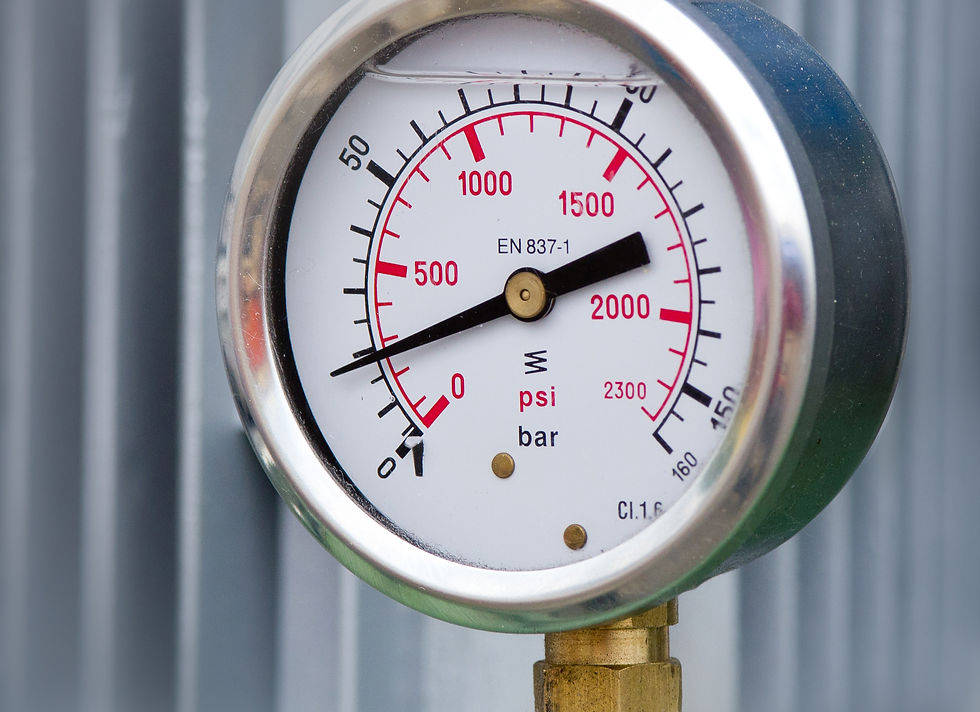Mammograms, who should get squished?
- Marri K. Brackman, DO
- Oct 1, 2020
- 2 min read
Updated: Oct 19, 2020
Do I need a mammogram? I get that question often. My answer usually comes in the form of a question back. How old are you; Do you have a family history of breast cancer: mom, sisters, daughters?
Even with the answer to the two questions, it is still a loaded response. See, because even medicine cannot agree as to who should and how often you should be getting mammograms. The United States Preventative Services Task force states that women, without personal or family history, should get yearly mammograms from the age of 50-54 and then every other year from age 55-75. The American College of Radiology recommends yearly mammograms from 40-75.
Well, you should have a few questions back to me when you see that: 1. How do I know which guideline to follow, and 2. What happens after 75?
So starting with question #1. The answer is, you have to talk to your doctor. This is what we call shared decision making at its finest. I tell my patients, I support whatever decision you make starting at 40, but when you hit 50, you will be getting mammograms. It does allow, usually, for a small laugh—which I find helpful. These are really tough conversations. May people want their doctor to tell them what to do for their health. I would argue, there are very few things that don’t at least warrant some discussion.
Okay, now on to question #2. The real answer is that there has not been a formal study in women over the age of 75 to figure out the risk/benefit of continuing mammograms after 75. This again is where that shared decision making comes into play. My response to my patients is something like this: “There will come a day when you have a mammogram and you do not care what the mammogram says, you wouldn’t do anything about it. You would not want it biopsied, you would not want to talk to a surgeon or an oncologist. That is the day you should be done with mammograms—until then, we keep doing them!”
Well, how do I know my risk? There is this awesome breast cancer risk calculator, which is based on the Gail Model that calculates you breast cancer risk. This is a nice little tool that you and your doctor can use together to help with the decision making process.
Now, remember, all of the above being said—this is a conversation that you need to have with your doctor about the right plan for you! Also remember, we are talking about SCREENING MAMMOGRAMS—there is a very different conversation to be had if you have a concern about your breasts.
…until next time, IrishDoc07




Comments